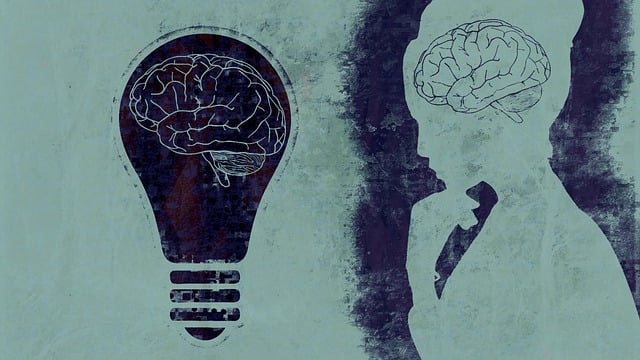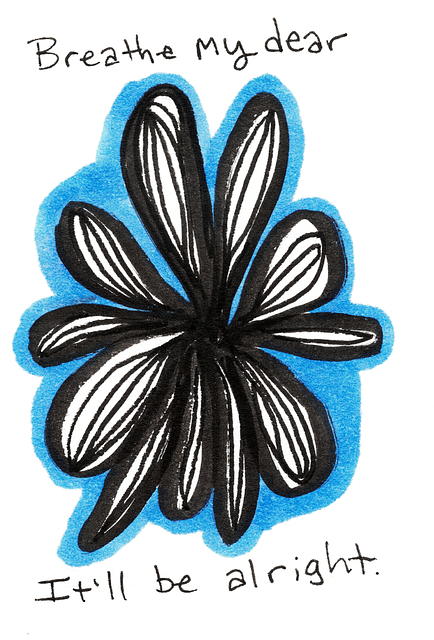Mental health policy analysis highlights the urgent need for improved access to quality care for vulnerable populations, focusing on seniors and child abuse survivors. Key strategies include expanding therapy services tailored to age-related mental health challenges in elders, integrating trauma-informed practices, and increasing accessibility for survivors of childhood abuse. Advocacy plays a pivotal role by raising awareness, engaging policymakers, and mobilizing support for policy interventions targeting therapy accessibility for at-risk elders and child abuse prevention. Community engagement is essential for developing holistic solutions, fostering resilience, and promoting proactive mental health measures.
Mental health policy analysis and advocacy play a pivotal role in shaping societal well-being, especially for vulnerable populations. This article delves into crucial aspects of mental health care, focusing on the unique challenges faced by elders and children, who are often overlooked. We explore gaps in current systems, particularly barriers hindering access to therapy for elderly individuals and victims of child abuse. By analyzing these issues, we propose effective advocacy strategies centered around policy reform and community engagement to foster positive change.
- Understanding Mental Health Policy: A Focus on Elderly Care and Child Abuse
- Gaps in Current Systems: Analyzing Barriers to Effective Therapy for Vulnerable Populations
- Advocacy Strategies: Empowering Change through Policy Reform and Community Engagement
Understanding Mental Health Policy: A Focus on Elderly Care and Child Abuse

Mental health policy analysis is a critical aspect of ensuring access to quality care for vulnerable populations, particularly the elderly and children who have experienced abuse. Elderly care policies must address the unique mental health challenges faced by this demographic. Many older adults struggle with age-related cognitive decline, loneliness, and social isolation, which can exacerbate existing mental health conditions. Implementing programs that promote self-awareness exercises and resilience building can significantly enhance their overall well-being. For instance, group therapy sessions focused on Mind Over Matter principles have shown promise in improving the mental health outcomes of seniors.
Similarly, policies targeting child abuse prevention and intervention are essential to breaking cycles of trauma and ensuring a healthier future for children. Child abuse, whether physical, emotional, or sexual, has profound long-term effects on mental health. Advocacy efforts should prioritize increasing access to therapy for elders who have experienced childhood abuse, as well as early intervention services for at-risk youth. By integrating evidence-based practices into mental health policies, communities can foster resilience and create a safer environment for all citizens.
Gaps in Current Systems: Analyzing Barriers to Effective Therapy for Vulnerable Populations

In many regions, mental health systems face significant gaps when it comes to providing effective therapy for vulnerable populations. Elderly individuals, for instance, often encounter barriers such as limited access to specialized services tailored to their unique needs and cognitive challenges. This lack of age-appropriate resources can exacerbate existing mental health issues, including anxiety and depression. Moreover, historical trauma resulting from child abuse or other adverse experiences remains a critical unaddressed concern, with many survivors lacking adequate trauma support services to process and overcome these profound injuries.
The current system’s inadequacies are further highlighted by the limited availability of culturally competent therapists who understand and respect diverse backgrounds, beliefs, and values. This lack of inclusivity can deter vulnerable individuals from seeking help, perpetuating a cycle of unmet need. By addressing these gaps—whether through expanding access to specialized therapy, enhancing training in trauma-informed care, or promoting culturally sensitive practices—mental health policies can better support those most at risk, ultimately fostering greater mental well-being within communities.
Advocacy Strategies: Empowering Change through Policy Reform and Community Engagement

Advocacy plays a pivotal role in shaping mental health policies, especially when addressing pressing issues like therapy for elders and child abuse. Effective advocacy strategies empower communities to drive change through policy reform. This involves raising awareness about mental health disparities, engaging with policymakers, and mobilizing support from various stakeholders. By highlighting the lack of accessible therapy options for at-risk elders and the pervasive nature of child abuse, advocates can build a strong case for policy interventions that prioritize these issues.
Community engagement is another powerful tool in this process. Collaborating with local organizations, mental health professionals, and affected individuals allows advocates to develop comprehensive solutions. This collaborative approach ensures that policies consider real-world challenges, such as risk assessment for mental health professionals to better identify and support vulnerable clients. Moreover, advocacy efforts can focus on depression prevention and resilience building within communities, ensuring a proactive rather than reactive response to mental health crises.
Mental health policy analysis and advocacy are vital in addressing the gaps within our current systems, particularly regarding therapy access for vulnerable populations such as the elderly and victims of child abuse. By understanding the specific challenges faced by these groups, we can develop targeted strategies. Advocacy efforts must focus on policy reform and community engagement to create a more inclusive and supportive environment. Through collaborative action, we can ensure that everyone, regardless of age or past trauma, receives the quality mental health care they deserve, fostering a healthier and more compassionate society.









